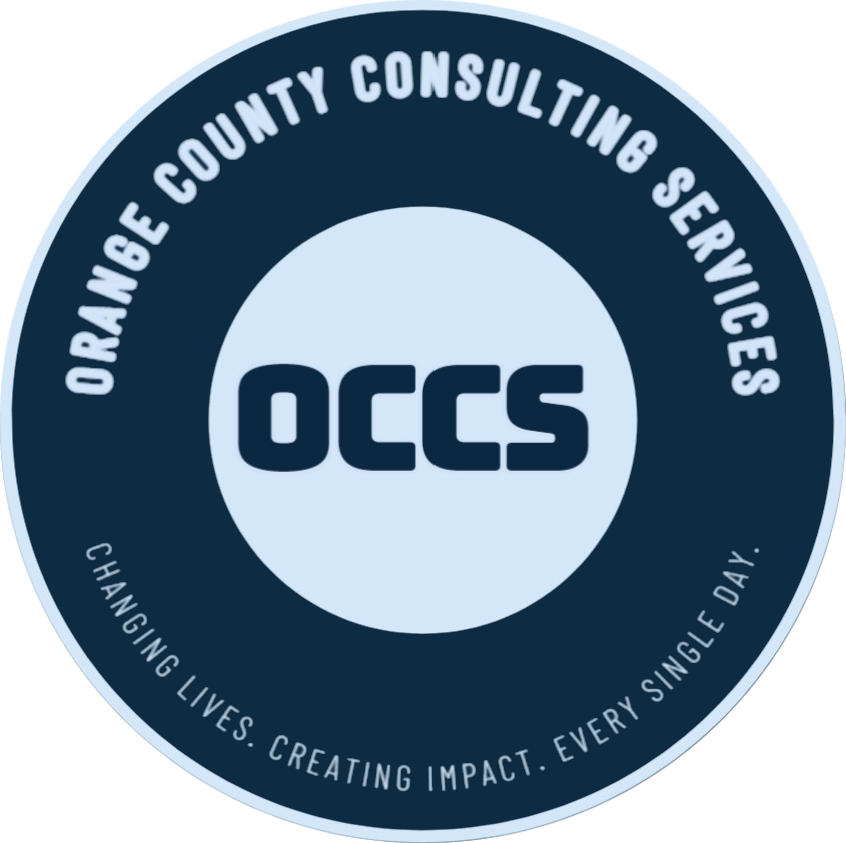Payroll is one thing that all businesses have in common. Along with processing payroll comes many different payroll records required to process the payroll. Each type of record has different requirements of how long you must retain those records.
Payroll departments receive and submit hundreds of thousands of bits of data every year. Employee master file data such as name and social security number, employee forms such the Form W-4, report to the IRS such as Form 941, state unemployment insurance quarterly returns, termination dates for employees, and even child support withholding orders.
A critical question that every payroll professional must ask and more importantly answer is “What am I required to keep, in what format, and for how long”?
The time over which payroll records must be retained will depend upon government requirements. The Internal Revenue Service typically states a required retention period in each document it issues dealing with payroll issues. In general, wage calculations should be retained for two years, while collective bargaining agreements should be retained for three years.
Webinar Agenda
- Types of Payroll Documents
- 941 & 940 Tax Forms
- W-2’s-Original and Undeliverable W-2’s
- Timesheets and Piecework
- Schedules
- Records for Additions/Deductions from Wages
- Wage Tables, Collective Bargaining Agreements
- State Taxes
- Local Taxes
- Retention of Documents
- All IRS Tax Returns and W-2’s
- Time Records
- Payroll records, Collective Bargaining Agreements, Sales/Purchasing Records
- State and Local Tax Returns
- Specific State Laws
- New York
- California
- Illinois
- Washington
Webinar Highlights
- To discuss the types of payroll records that must be retained.
- To analyze the requirements for each type of payroll record.
- To inspect for how long payroll records must be kept.
- To different State requirements for record retention.
- To discuss information and guidelines by specific states with different requirements.
Who Should Attend?
Payroll Tax Professionals, Bookkeepers, Small Business Owners, CPA’s, Tax Preparers, Managers
We also Recommend
Date
Conferences
Duration
Price
Register
Sep 26, 2024
90 Mins
$199.00
Jul 12, 2024
90 Mins
$199.00
